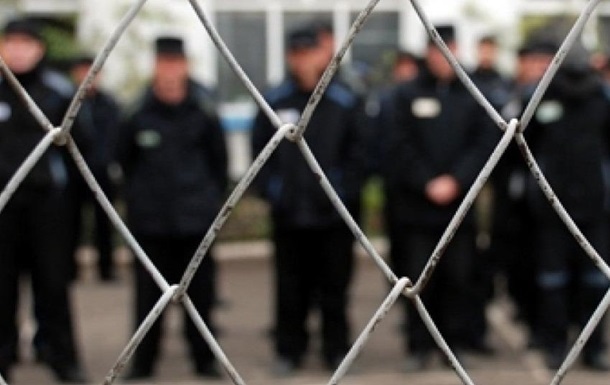Guidelines on Definition of Political Prisoner
A guideline aimed to define the notion of “political prisoner” was presented at the Third Human Rights Forum held in Vilnius in late October 2013.
These Guidelines were developed by working group of human rights defenders from Azerbaijan, Belarus, Georgia, Lithuania, Poland, Russia and Ukraine, including: Emil Adelkhanov, Intigam Aliyev, Anna Baranovskaya, Lyudmila Vatskova, Anna Gerasimova, Valentin Gefter, Oleg Gulak, Sergey Davidis, Eldar Zeynalov, Yevgeny Zakharov, Inna Kuley, Aleksandra Matviychuk, Tatiana Revyako, Olga Salomatova, Valentin Stefanovich, Yelena Tonkacheva, Annagi Hajibeyli, Volodymyr Yavorsky.
The purpose of the Guidelines is to unify the approaches to the work of human rights organizations with respect to the definition and use of the term political prisoner.
The concept of political prisoner is increasingly found in international documents, media publications, and reports by national and international organizations. However, the concept is often understood in different ways. It is therefore in practice very difficult to determine whether a particular person can be deemed a political prisoner. On the other hand, the vagueness of the concept allows the states to avoid liability for cases of politically motivated prosecution, since it enables them to claim that such accusations are unfounded. The elaboration of agreed criteria and common application of them should help to solve this problem.
Developing these guidelines we relied on the experience of the Council of Europe, the international human rights organization Amnesty International, and national human rights organizations around the world.
Guidelines on Definition of Political Prisoner (download)

